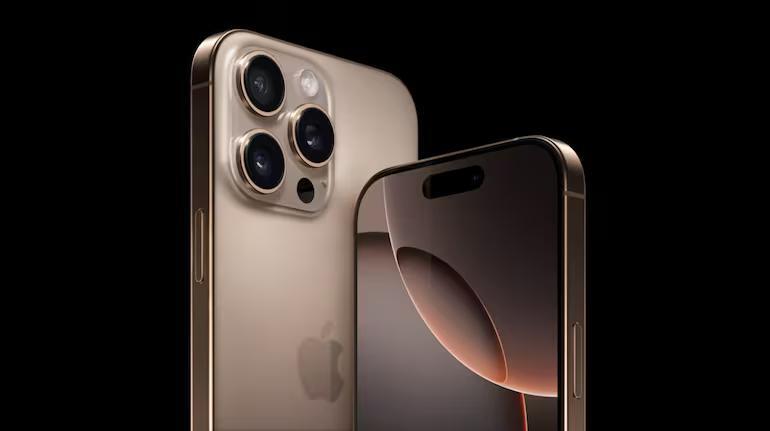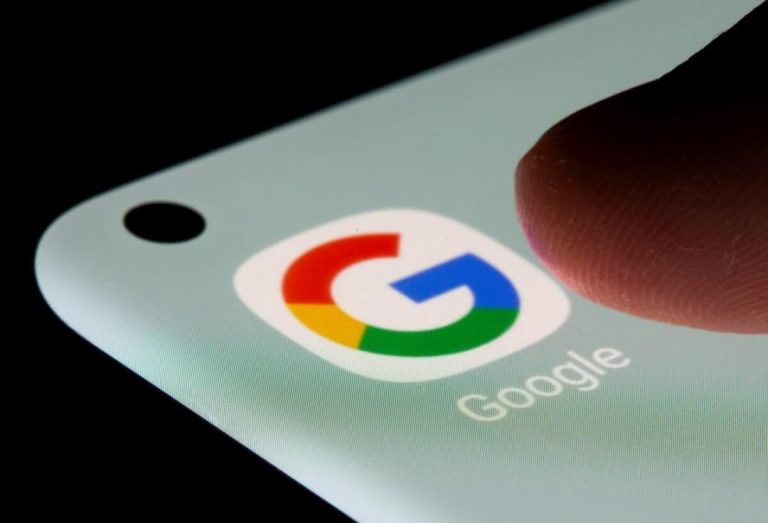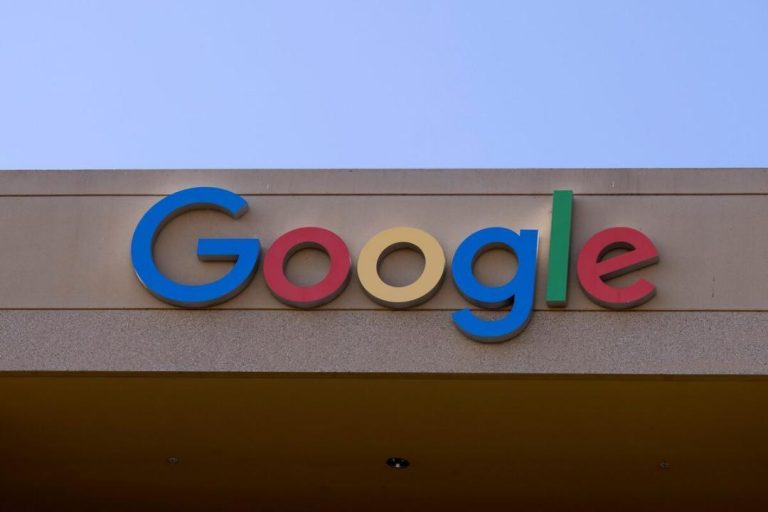
iPhone Pro users change their phone every 2.75 years: Report
When it comes to upgrading their smartphones, iPhone users can be quite particular about their preferences. A recent survey by Counterpoint Research has shed light on the habits of iPhone users, revealing some interesting insights into their phone-changing habits. According to the report, iPhone Pro users tend to change their phones more frequently than non-Pro users, with a significant gap between the two.
The data speaks for itself
The survey, which covered iPhone users in the US, China, UK, and India, found that iPhone Pro users replace their phones every 2.75 years on average. In contrast, standard iPhone users keep their phones for about 3.15 years. This difference may seem small, but it can have a significant impact on the smartphone industry as a whole.
To put these numbers into perspective, if we assume that iPhone users upgrade their phones once every three years, the difference of 0.4 years may not seem like much. However, when you consider the sheer numbers of iPhone users worldwide, this gap can add up to a significant difference.
Why do iPhone Pro users upgrade faster?
So, why do iPhone Pro users tend to upgrade their phones faster than non-Pro users? There could be several reasons for this. For one, iPhone Pro users are likely to be more tech-savvy and eager to stay up-to-date with the latest features and innovations. They may also be more willing to spend more money on their phones, which could explain their preference for the more expensive Pro models.
Another possible reason for the faster upgrade cycle among iPhone Pro users is their desire for the latest and greatest technology. With the constant stream of new features and improvements in the latest iPhone models, Pro users may feel compelled to upgrade more frequently in order to stay ahead of the curve.
The impact on the smartphone industry
The findings of the Counterpoint survey have significant implications for the smartphone industry as a whole. For one, it highlights the importance of innovation and continuous improvement in the smartphone market. Manufacturers that fail to deliver new and exciting features may struggle to attract and retain customers, particularly among the more tech-savvy Pro user demographic.
The survey also suggests that manufacturers such as Samsung and Google may need to rethink their strategies in order to compete with Apple. According to the report, Samsung and Google emerged as the biggest losers in Android-to-iPhone switching, with a significant number of users abandoning their Android devices for Apple’s iPhones.
Conclusion
In conclusion, the findings of the Counterpoint survey offer valuable insights into the habits of iPhone users, particularly those who opt for the more expensive Pro models. While the differences between iPhone Pro and non-Pro users may seem small, they can have a significant impact on the smartphone industry as a whole.
As manufacturers continue to innovate and push the boundaries of what is possible with smartphones, it will be interesting to see how these trends continue to evolve. One thing is certain, however: with the constant stream of new features and improvements, iPhone users will continue to drive demand for the latest and greatest technology.
Source:






